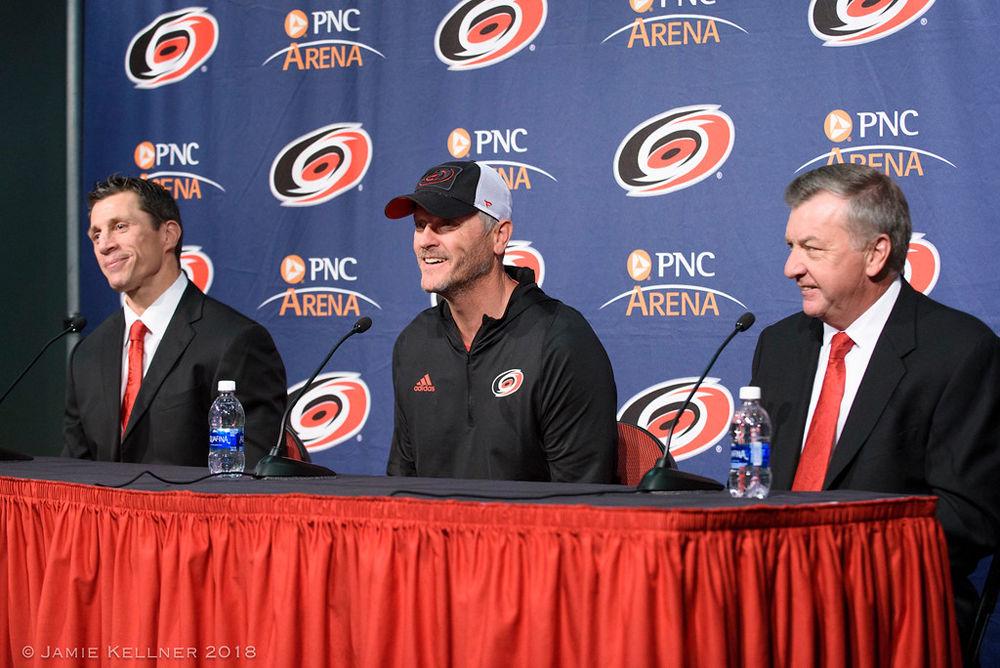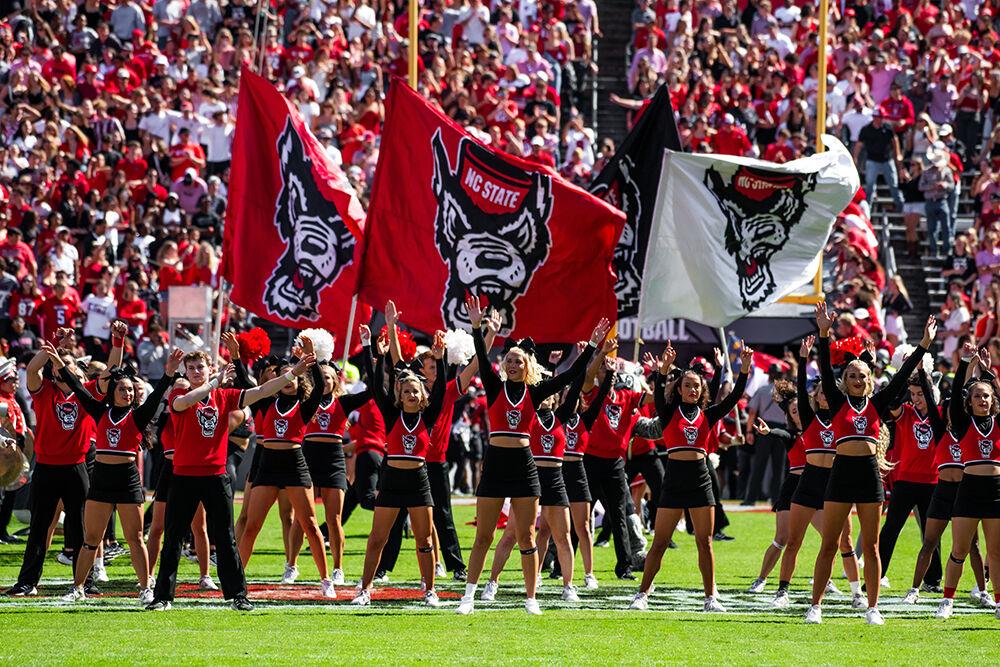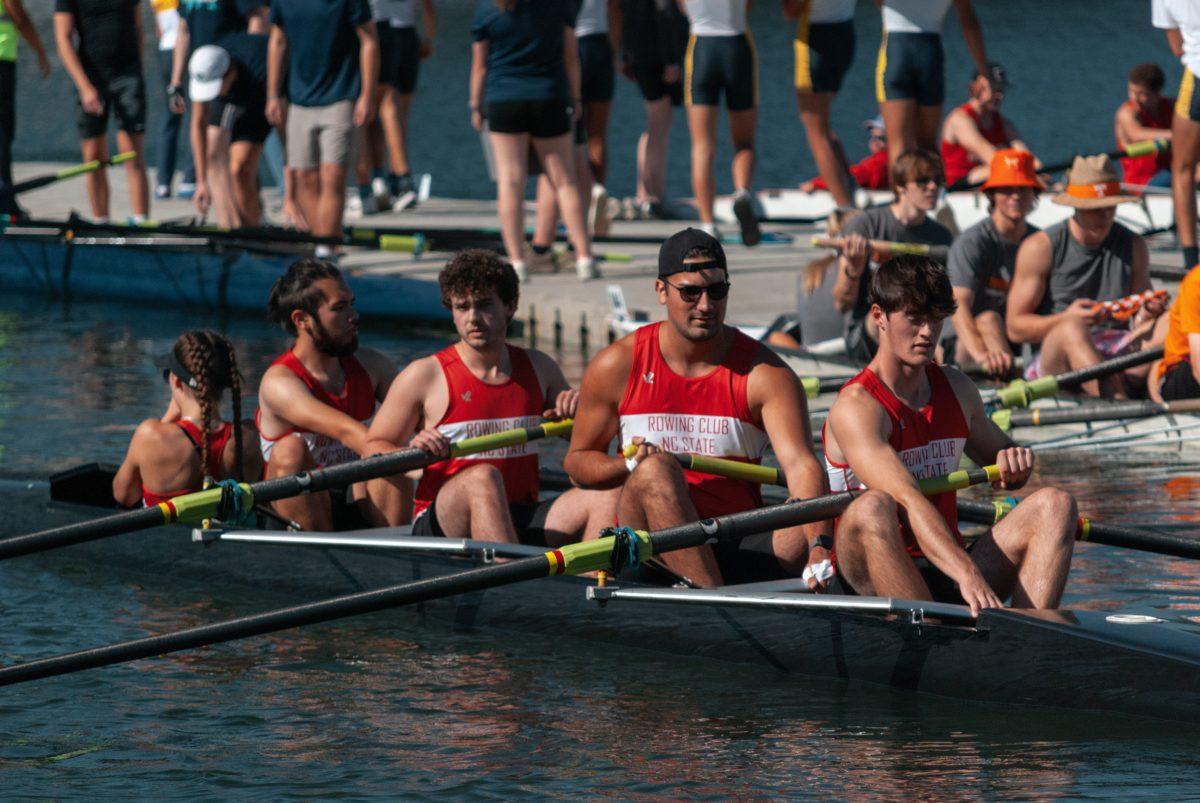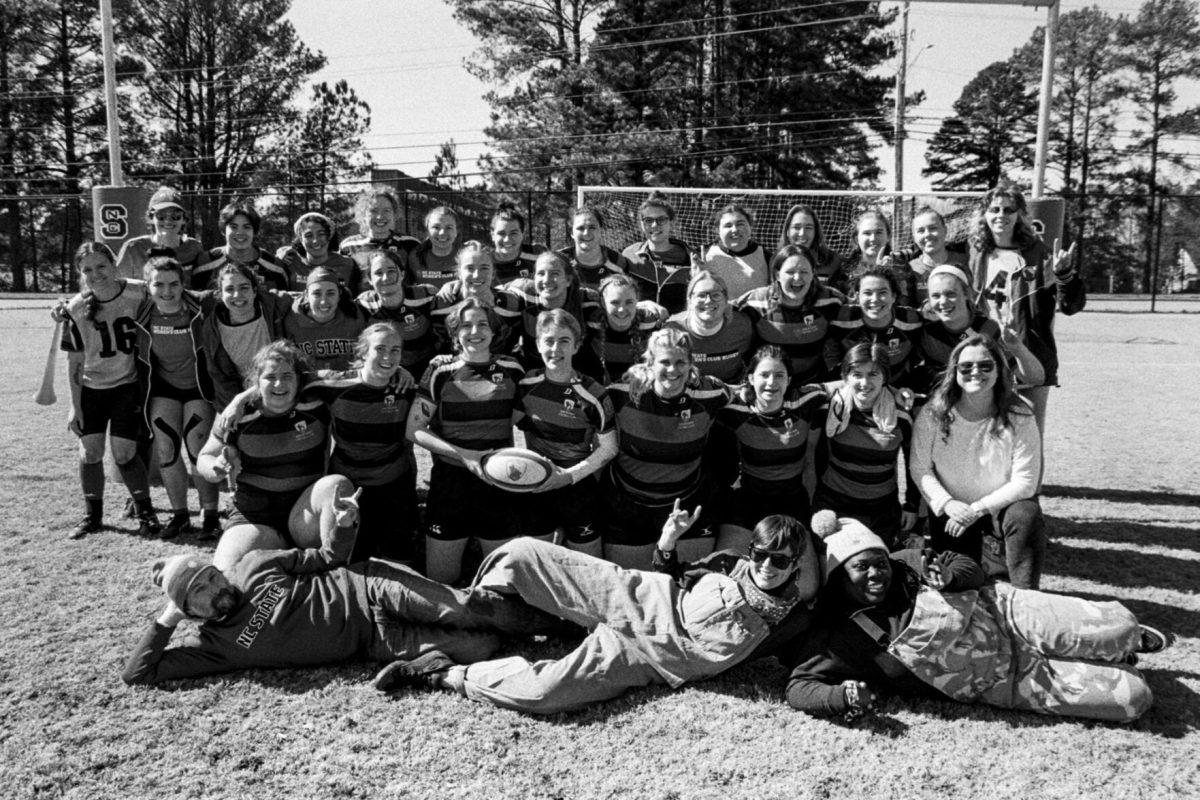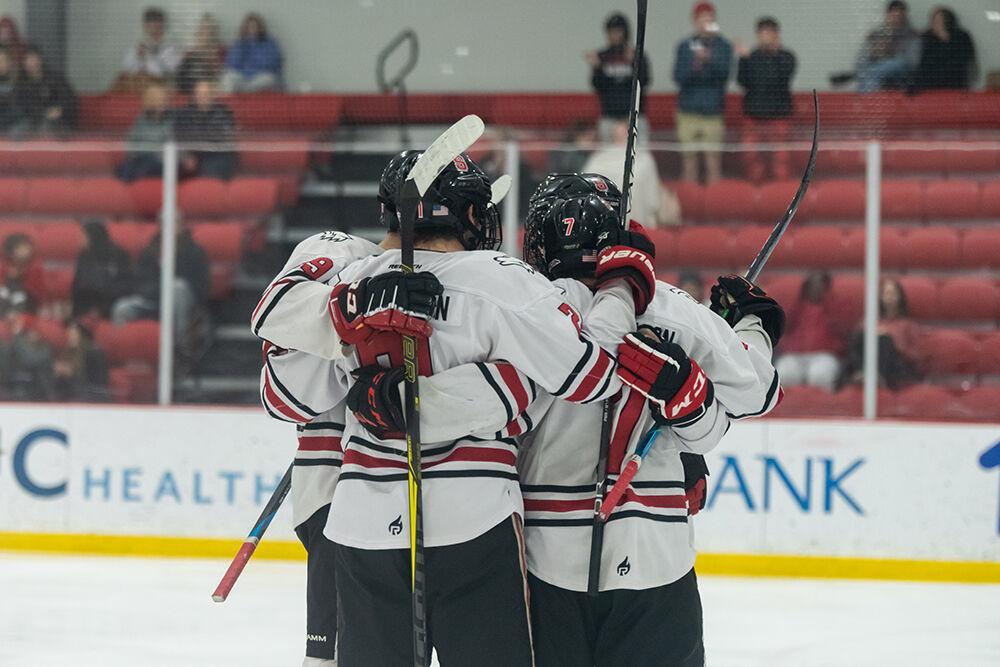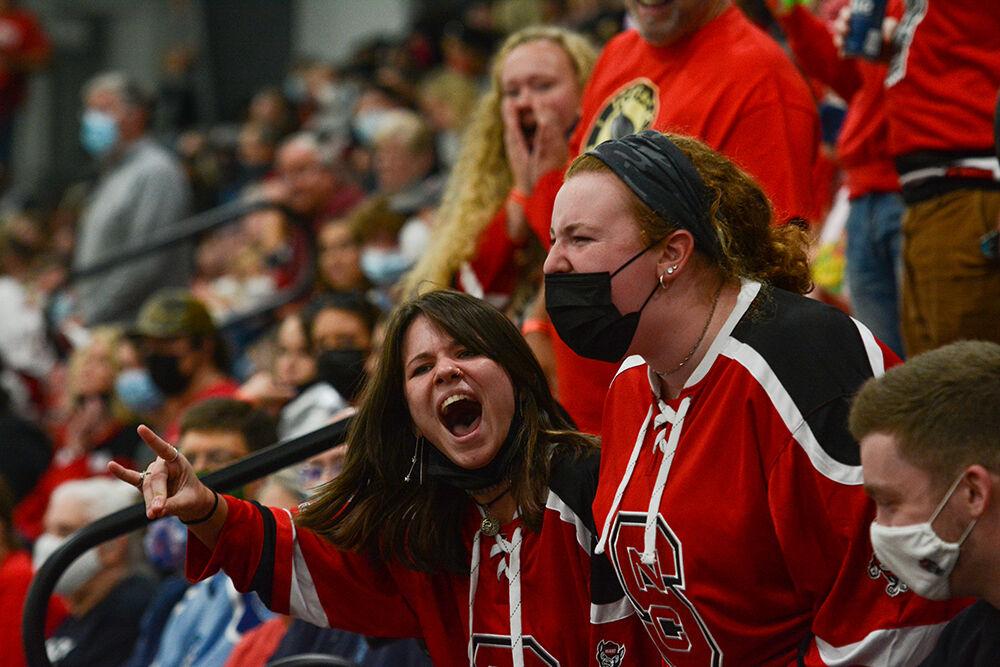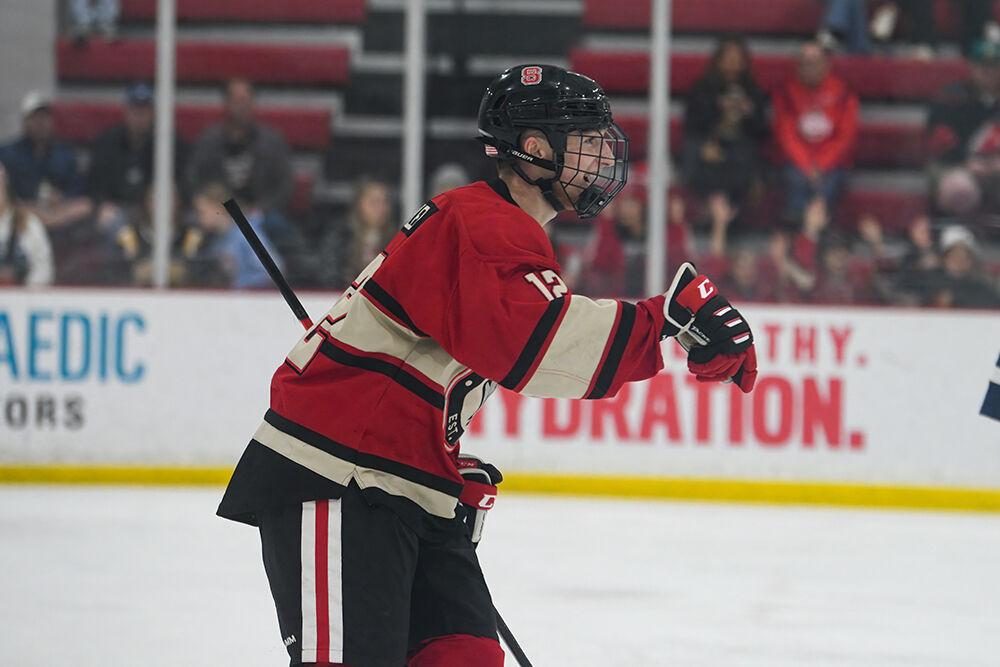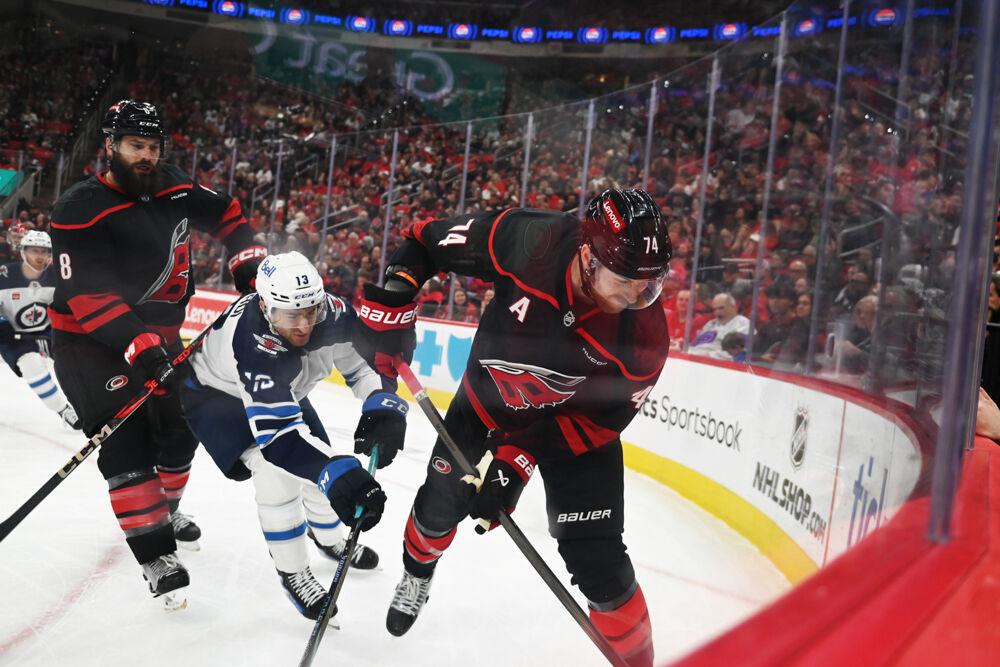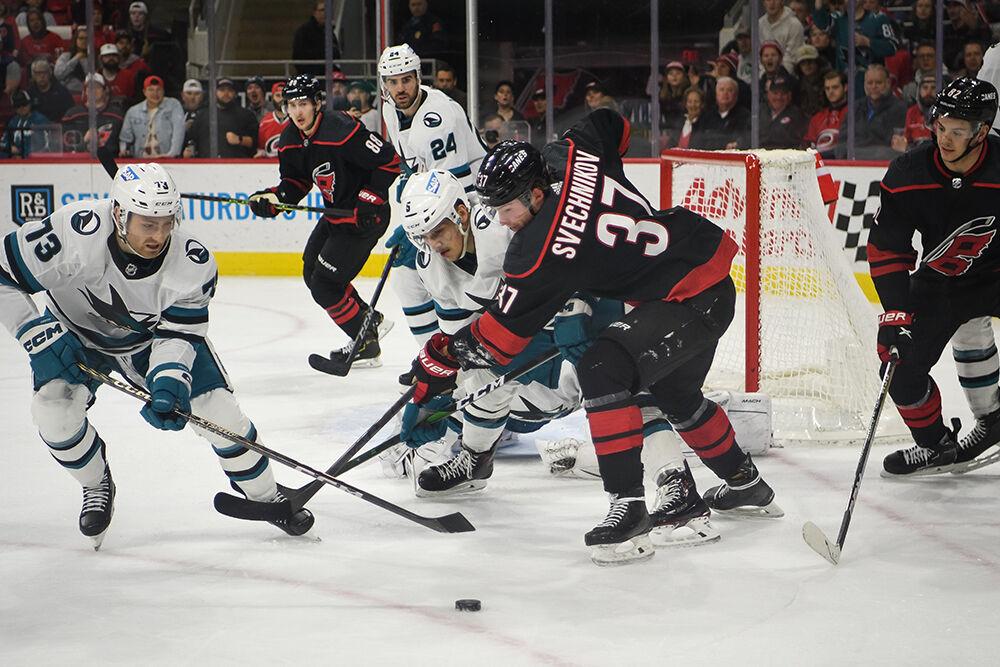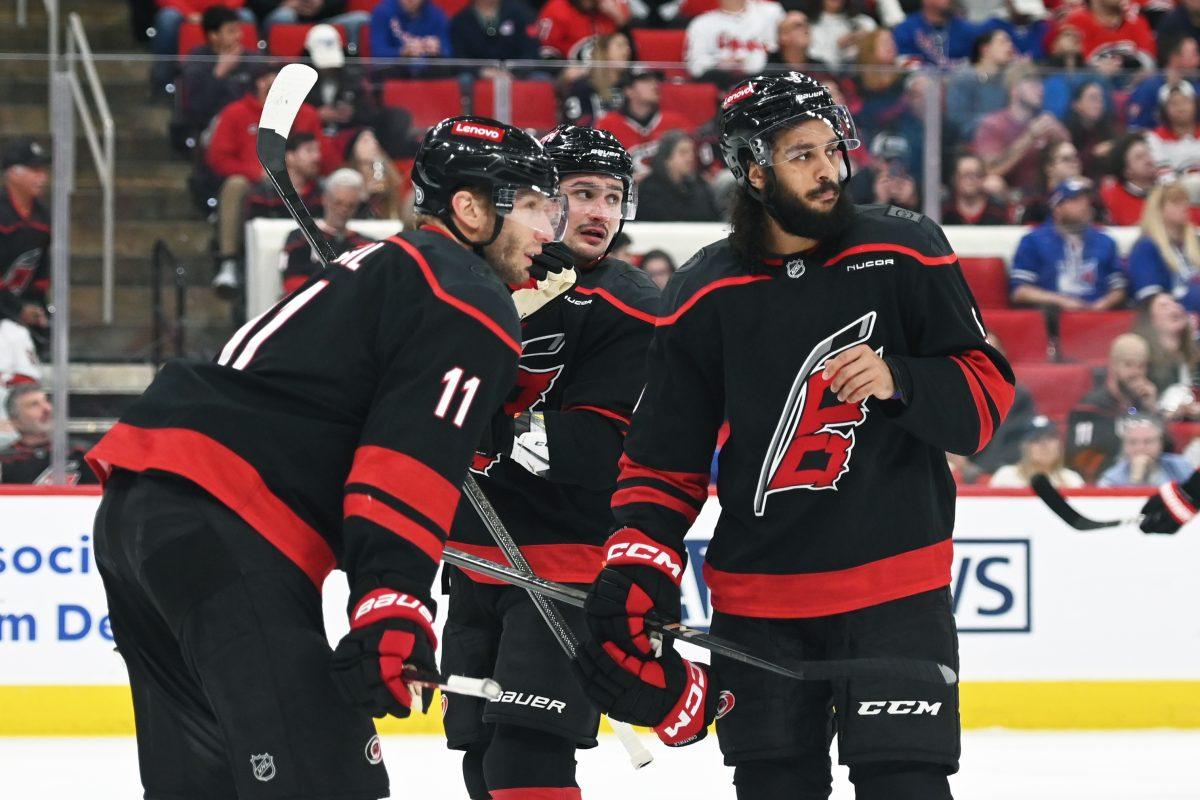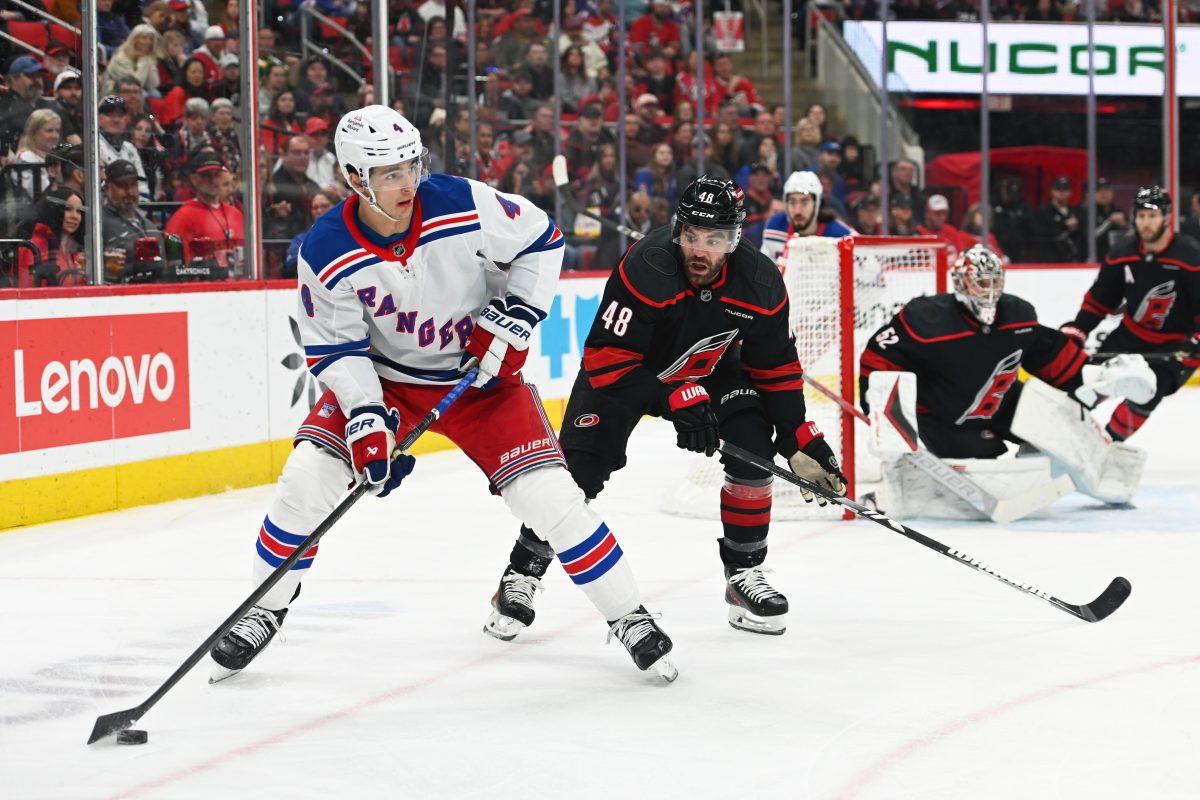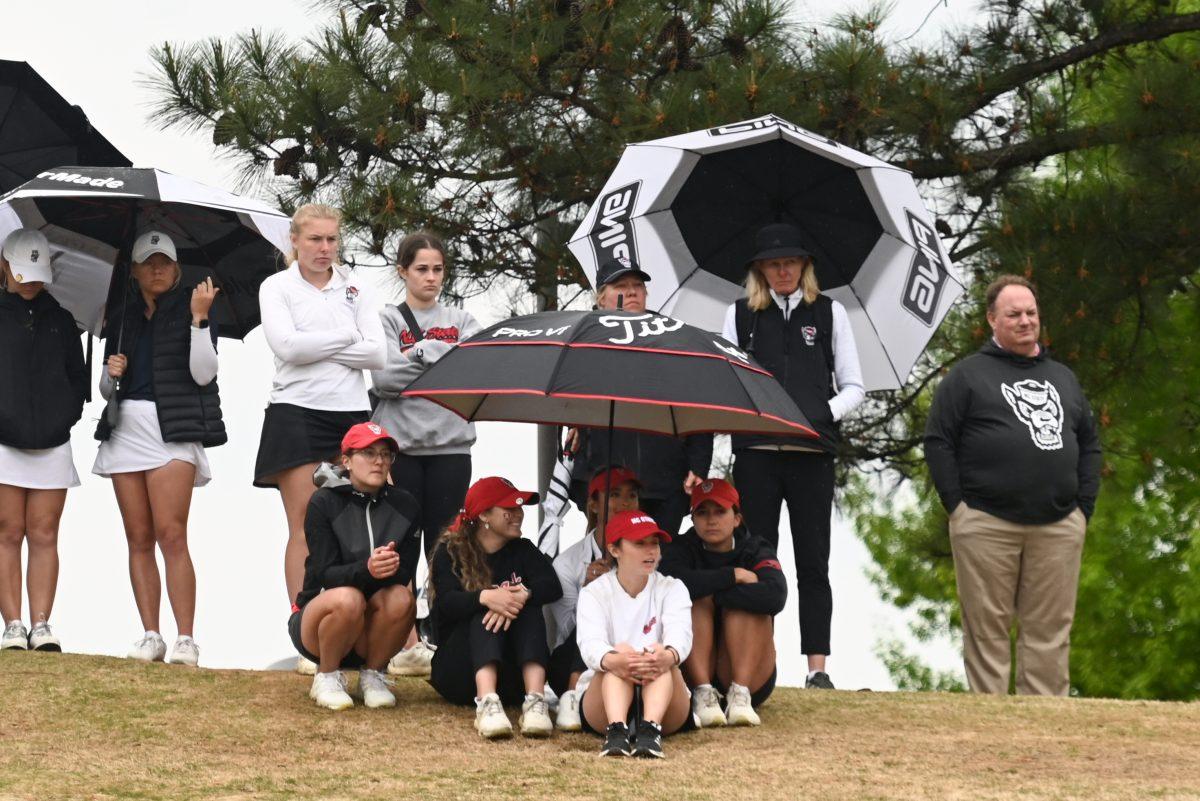Several cities around the world associate with certain aspects of the sports world. London’s abundance of soccer teams makes it arguably the soccer capital of the world. At one point in history, New York City supported three MLB teams. No matter what sport, Pittsburgh cheers for the team in black and gold. Over the past two decades, Raleigh has added itself to this group by firmly staking its claim as a hockey city.
When the Canes brought the NHL playoffs to Raleigh for the first time in 2001, the Icepack recorded its highest Atlantic Coast Collegiate Hockey League placement to that point, finishing runner-up to the Maryland Terrapins in the Admiral’s Cup playoffs. Although the Icepack traces its roots as far back as the late 1970s, the Hurricanes’ quick playoff success began a joint effort by the Canes and the Icepack to grow the game in the Triangle.
Twenty years later, both programs have benefited from their collective success. The Hurricanes are perennial playoff contenders under head coach Rod Brind’Amour, who helped Carolina win the Stanley Cup in 2005-06, and the Icepack is pursuing its third consecutive ACCHL title after first hoisting the Admiral’s Cup in 2011.
While not the only Canes alum to deepen hockey’s footprint in the Triangle, Brind’Amour has become an icon of Raleigh’s hockey growth. With previous roots in the Raleigh area, Brind’Amour’s presence in the community has helped skyrocket hockey’s popularity in the Triangle.
“He could be anywhere he wants to be in the world this year, but he wants to be here coaching the Hurricanes,” said Icepack head coach Tim Healy. “He’s active in junior Canes youth hockey … And people forget that’s an NC State family. His wife went to NC State, so the support runs deep.”
One of the hallmarks of how much progress hockey has made in the Triangle is the Wake Competition Center, home of the Icepack and the Canes practice facilities in addition to other sports amenities. Several teams in the Canes’ network of junior teams also call the WCC home, helping to foster the next generation of hockey players and fans.
“They got a school here that they do now,” said Icepack defenseman/forward Chris Solomon. “I never would have thought back when I was coming out that we’d have something like that. So obviously growing a lot helps [them] be successful, some of the teams around here and the Canes, so it’s good to see.”
For his part, Brind’Amour has kicked the Triangle hockey hype into overdrive, bringing the Canes to the playoffs for the first time since the 2008-09 season in his first season as head coach. After joining the Hurricanes as a player in 1999, Brind’Amour has had a unique perspective from which to witness the rise of hockey’s popularity in the Triangle. He did the ceremonial puck drop at the Icepack’s game against UNC-Wilmington on Jan. 28, exemplifying the all-around progress that hockey has made over the past 20 years.
“It’s neat to see how far that’s come,” Brind’Amour said. “I don’t know if it’s a pipe dream, but we’d love to see college hockey down here. I think it’d be great. Obviously, we got the good club team, NC State’s really good. It was a good atmosphere there, the building was packed. It was a fun night, it was nice to be a part of that.”
While the game still has a way to go before becoming truly endemic with the area, hockey has solidified itself as a prominent aspect of life in the Triangle. If the UNC-Chapel Hill Tar Heels can make the Governor’s Cup interesting by beating the Icepack, either within the next decade or beyond, hockey culture will further seep into the Triangle’s culture. But given how much progress the game has made in the area, at least Raleigh will remain a bastion of southern hockey for years to come.


